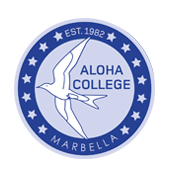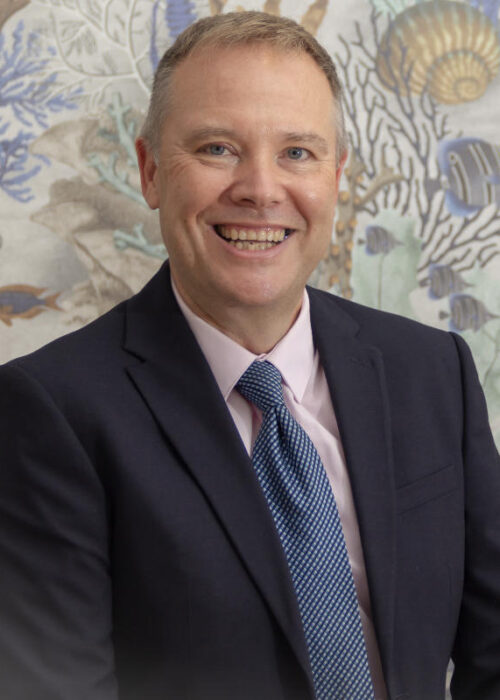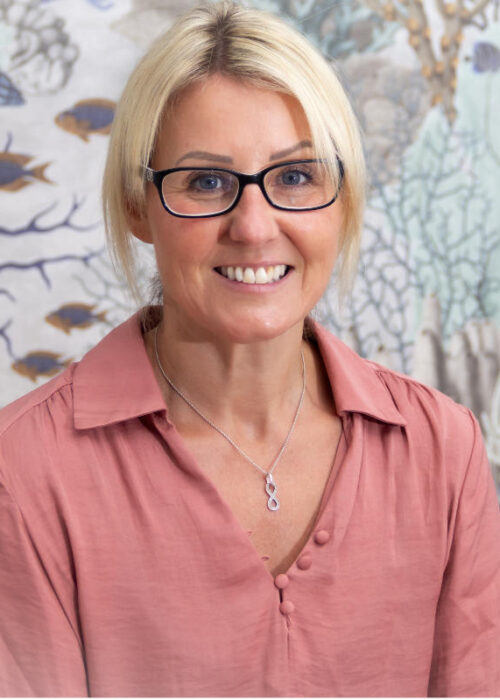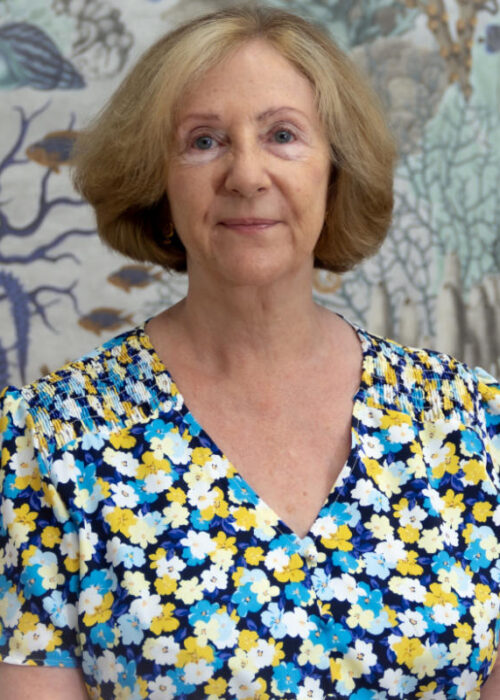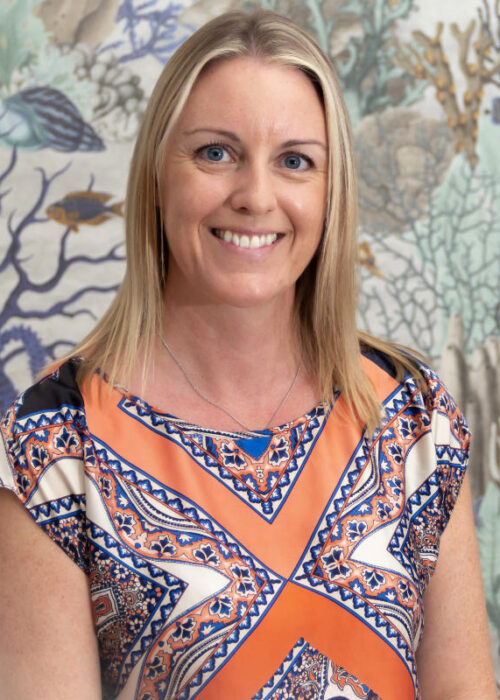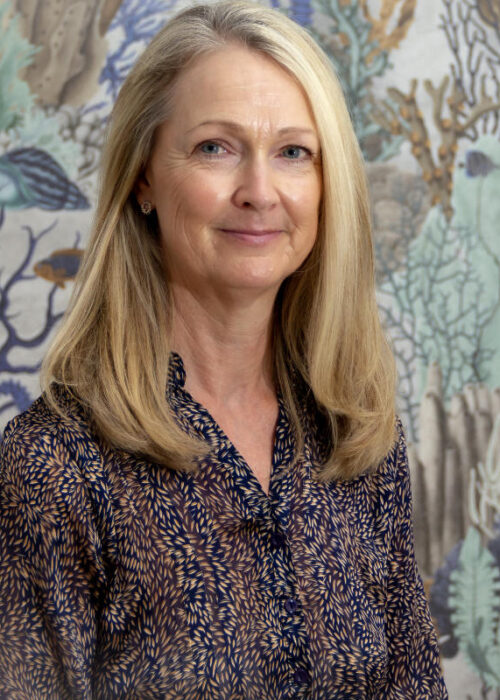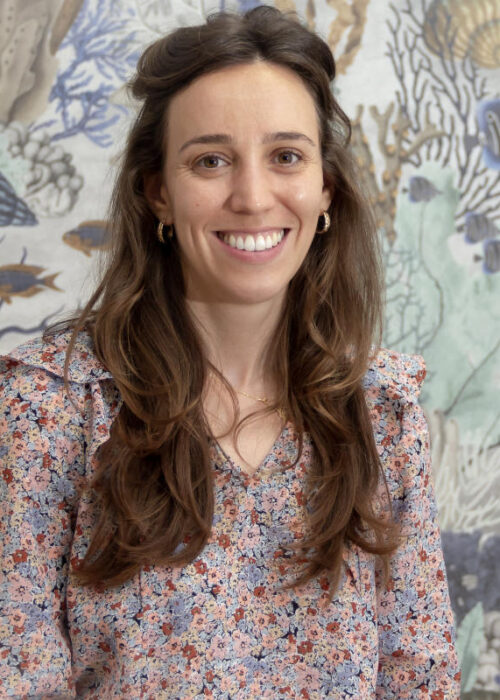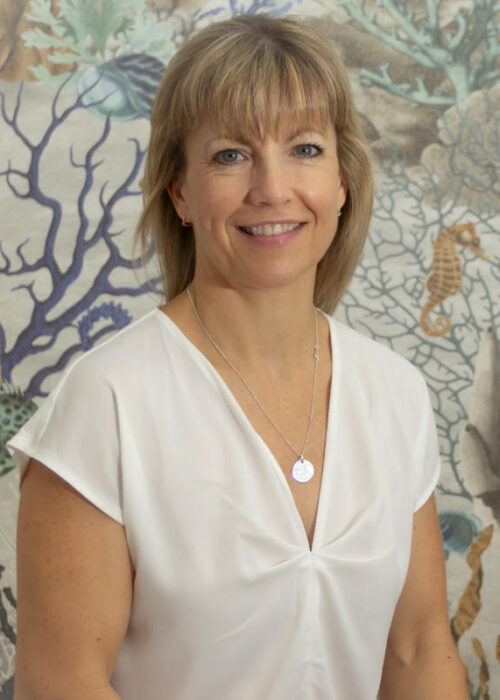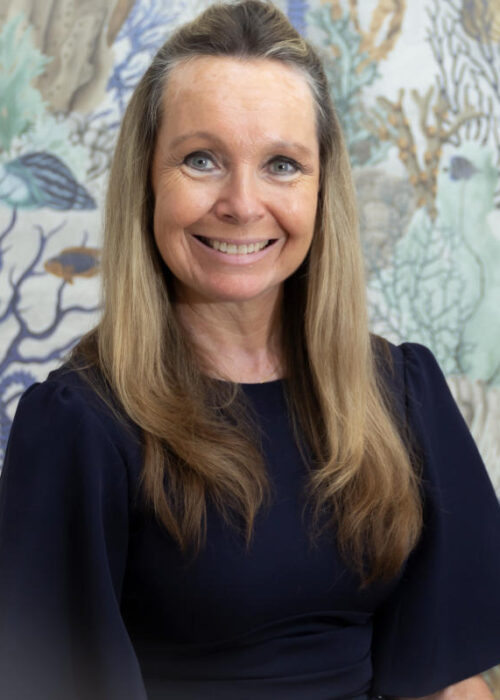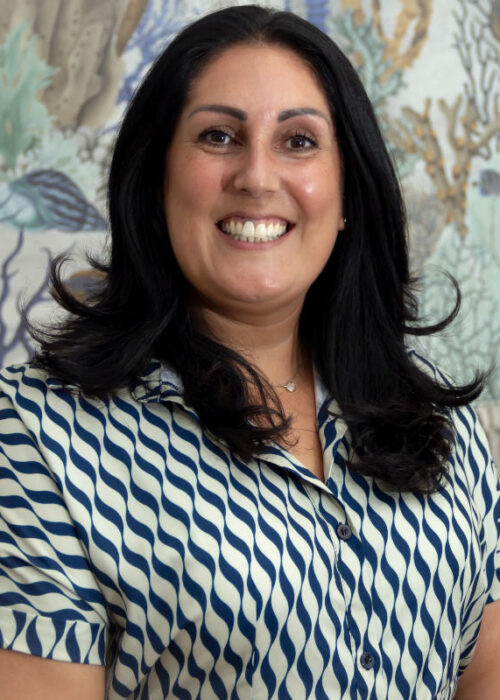To help us to understand the importance of Internet Safety, members of the National Police visited the children in years 5 and 6, to share important information about the dangers of using social networking sites. The children were able to discuss their experiences, ask questions about how these sites could lead them into difficult situations and received advice about what they should do if they become worried about anything that they meet on-line. This proved to be a valuable experience for the children: they were very attentive to what the police had to tell them and as teachers, we were able to see that the police’s presence really enforced the messages we had been giving them during Internet Safety Week.


